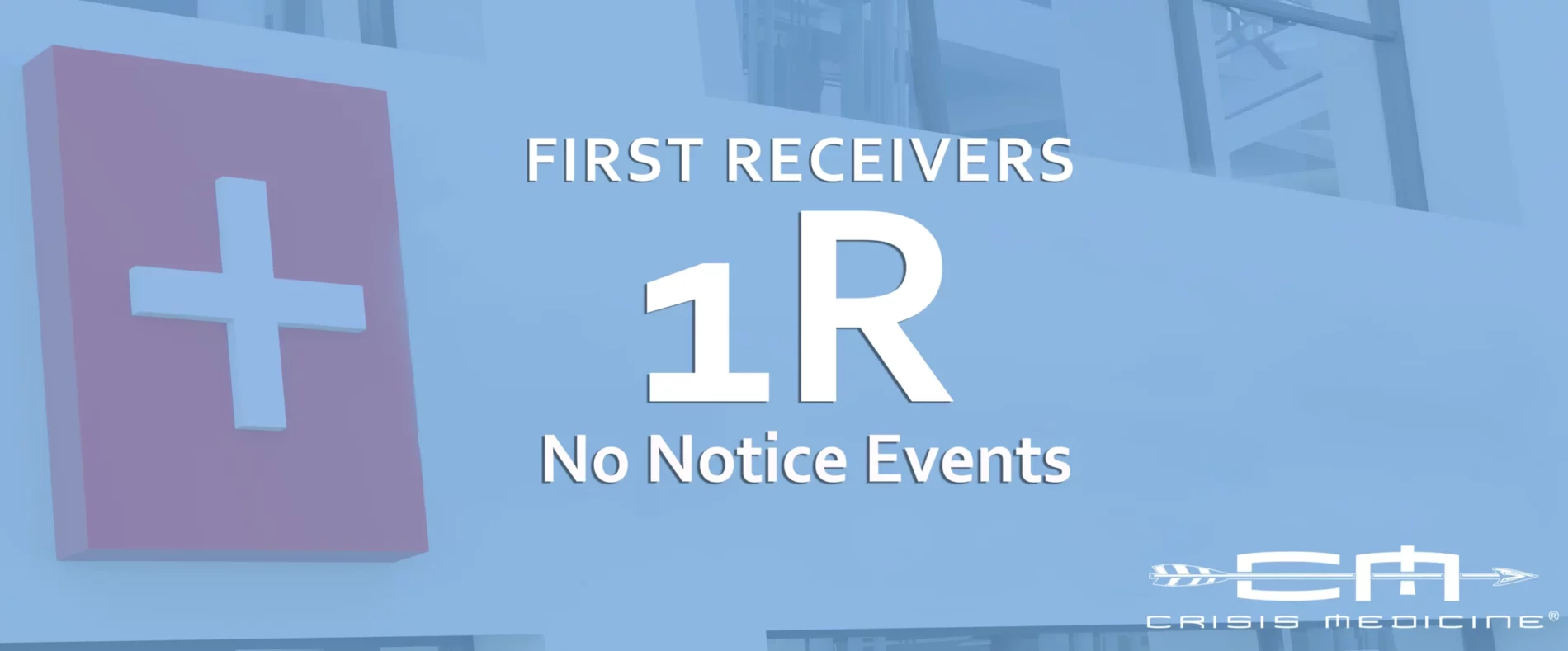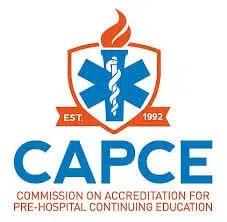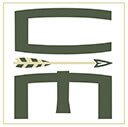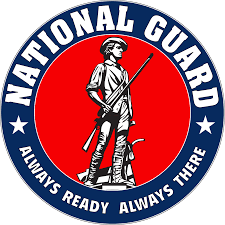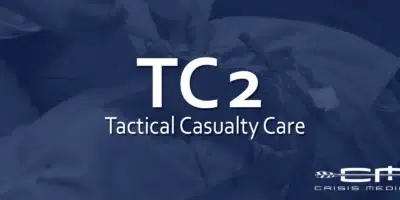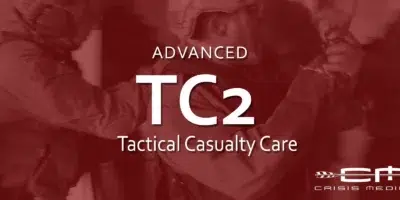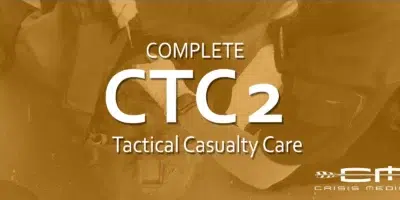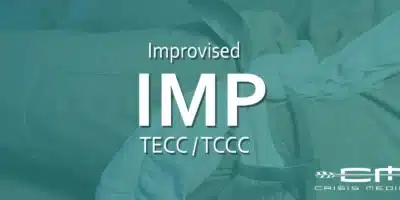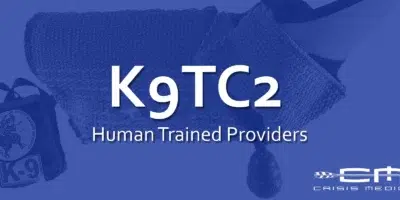What happens when there is an active violent incident or mass casualty incident and your hospital gets 20 or 50 or 100 casualties immediately following? Your non-trauma hospitals will receive patients following an MCI because the trauma centers will be overwhelmed.
Recent Mass Casualty Incident examples:
- Pulse Nightclub, ORMC: the first 36 casualties in 36 minutes
- Sunrise Hospital Las Vegas: 215 casualties in 90 minutes
- Christ Church Hospital, New Zealand: 41 casualties in 45 minutes
A First Receiver is the first hospital or health care facility that will get traumatic casualties from an active violent incident (AVI) or mass casualty event (MCE). This course is designed for ED physicians, nurses, ED techs, and providers at non-trauma center hospitals who will receive patients after a mass casualty incident when there are so many wounded that every local hospital is getting patients.
This course moves Tactical Emergency Casualty Care and Tactical Combat Casualty Care Guidelines into the Emergency Department.
- How do you allocate resources?
- How do you manage the chaos?
- Based on historical samples, you will run out of supplies, resources, and personnel. What do you do when you run out?
This course addresses the impacts of MCI events in the emergency department and focuses heavily on active shooter/active violent events.
We will give you a plan and arm you with the questions you need to improve your hospital’s plan. This isn’t surge capacity, it’s throughput and saving lives.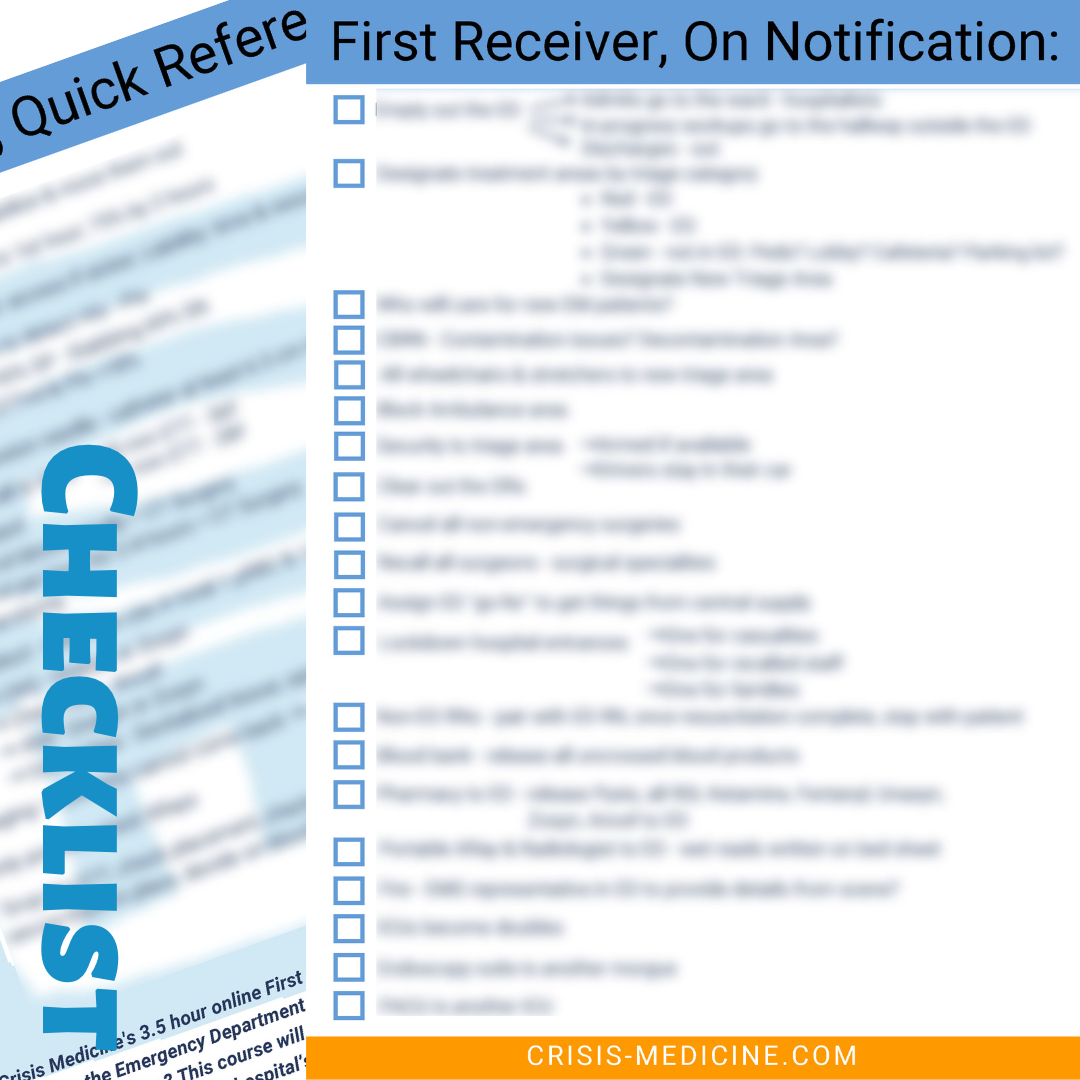
Students will receive a laminated Quick Reference chart after enrollment if they provide a valid mailing address.
CAPCE Accredited Provider
This CE activity is approved for 4 CEH by Crisis Medicine, an organization accredited by Commission on Accreditation for Prehospital Continuing Education.
Students have 3 months from purchase date to complete the course.
Curious about some topics you might not have thought about? Take a look at our Quick Tips page.
Course Features
- Lectures 25
- Quiz 0
- Duration 4 hours
- Skill level All levels
- Students 95
- Certificate Yes
- Assessments Yes

